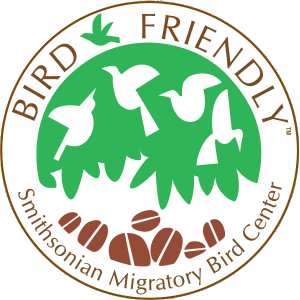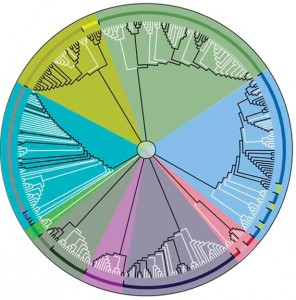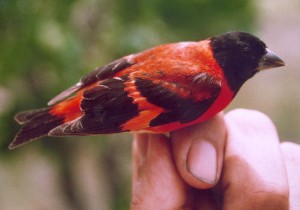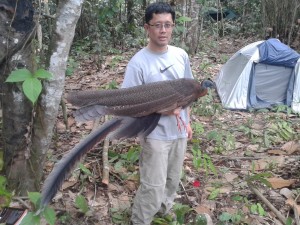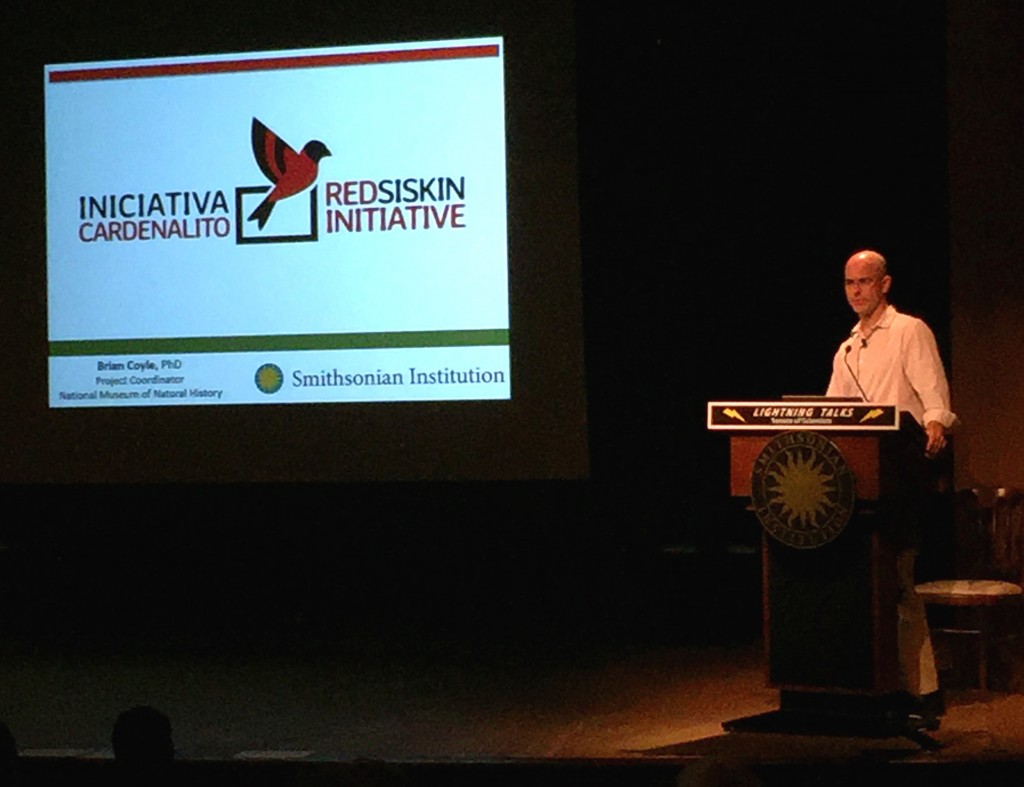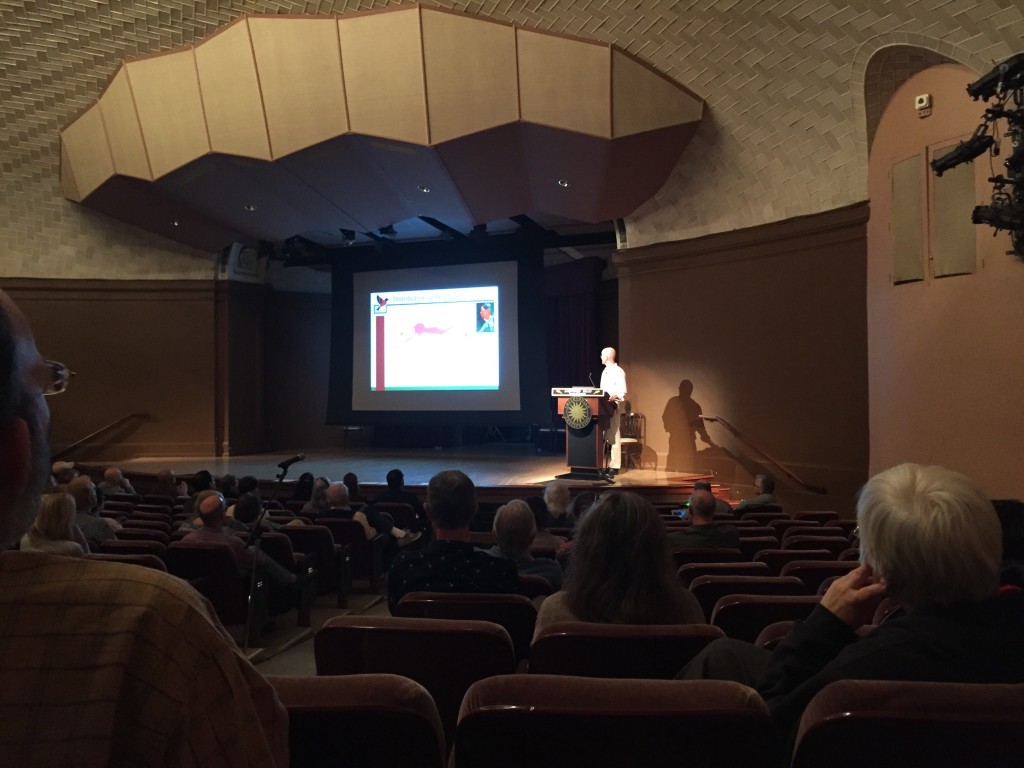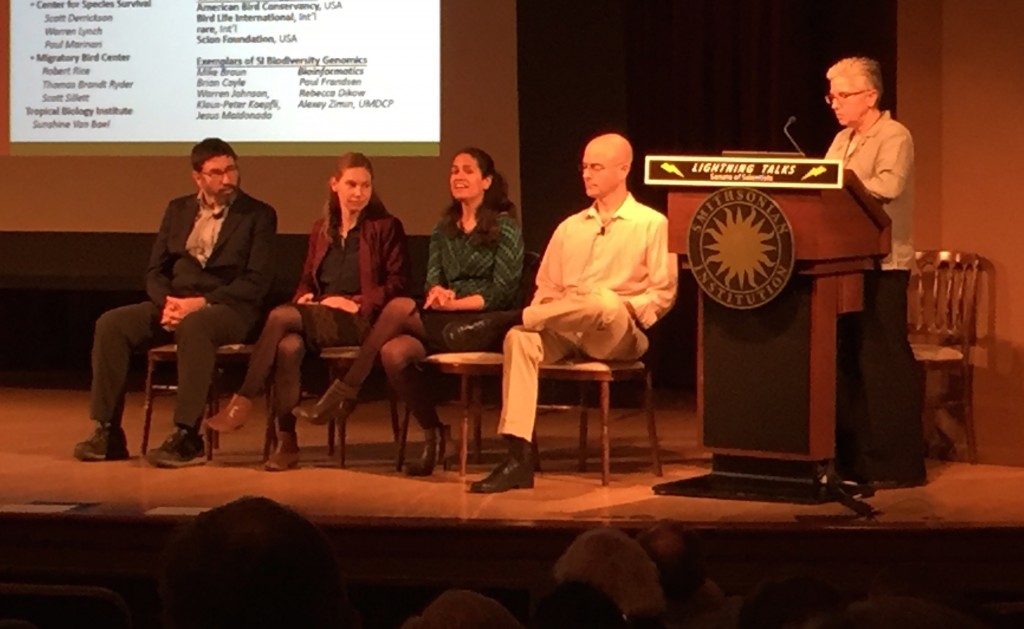Bird Friendly Coffee (BF® ) is an innovative market-based conservation program that was pioneered by the Smithsonian Migratory Bird Center. Thousands of organic, shade coffee farms in Latin America have now been certified as BF® and are contributing to the preservation and creation of habitat for migratory birds and other species while benefiting economically. This win-win strategy is also the centerpiece of the Red Siskin Initiative (RSI) reintroduction plan that aims to recover natural populations across the historic range of this species. The RSI intends to release birds into farms certified as Red Siskin Friendly with support from surrounding communities, private landowners and parks that will participate in monitoring, protection and education to achieve long-term sustainability. Please support bird conservation by purchasing Bird Friendly coffee or ask your local supplier to carry it (use the form here).
